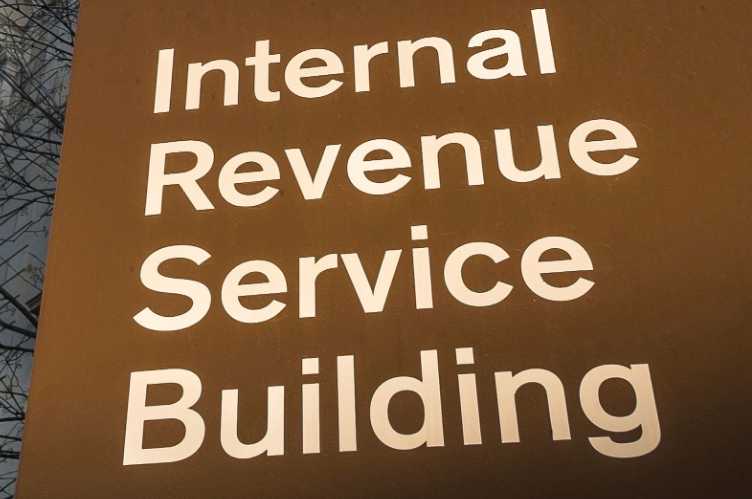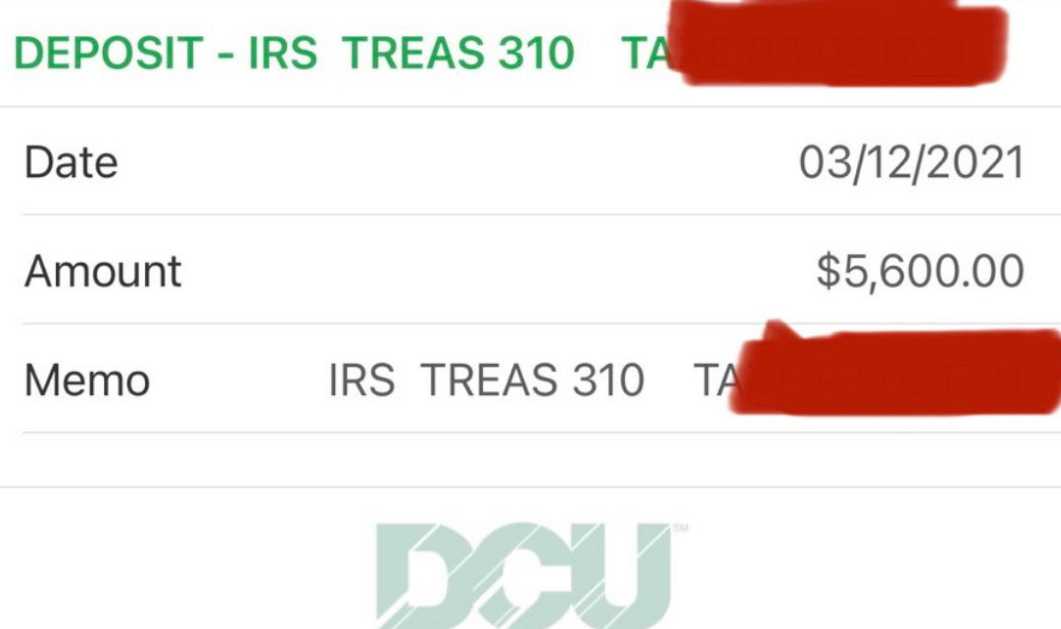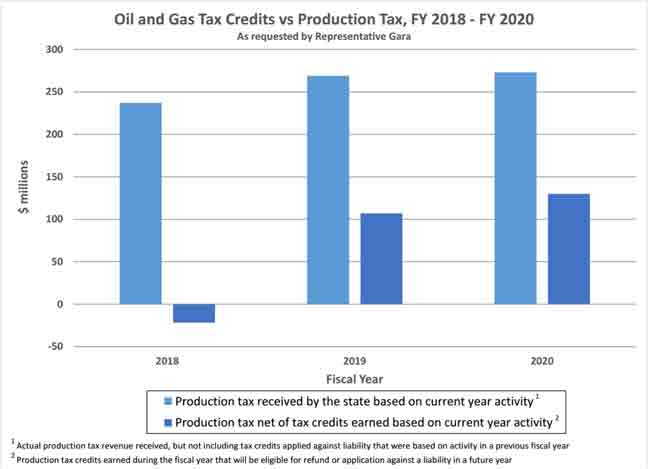 Juneau – The Alaska House of Representatives on Monday passed legislation to reform Alaska’s flawed and unsustainable system of oil and gas subsidies. Without changes, the State of Alaska is projected to pay out more in oil tax credits in Fiscal Year 2018 than the state will take in from production taxes. Production tax revenue used to be Alaska’s leading source of revenue.
Juneau – The Alaska House of Representatives on Monday passed legislation to reform Alaska’s flawed and unsustainable system of oil and gas subsidies. Without changes, the State of Alaska is projected to pay out more in oil tax credits in Fiscal Year 2018 than the state will take in from production taxes. Production tax revenue used to be Alaska’s leading source of revenue.
“Passage of this bill is a major step forward to the larger goal of putting in place a comprehensive fiscal plan to protect our economy from sliding deeper into recession,” said Speaker of the House Rep. Bryce Edgmon (D-Dillingham). “This bill is a compromise that protects future investments by the oil industry in Alaska without devastating our budget and leaving the state on the hook to pay hundreds of millions of dollars in subsidies without being able to cover those costs.”
House Bill 111 was sponsored by the House Resources Committee and underwent significant changes during the committee process. HB 111 protects the state from a nearly unlimited financial liability to cover losses incurred by companies that operate on the North Slope. The bill does so by eliminating purchasable tax credits that have led to the State of Alaska paying cash to cover net operating loss (NOL) subsidies long before there is any oil production subject to taxation. The bill replaces the NOL subsidy program by allowing oil and gas companies to carry forward 100 percent of their losses to a time when they have oil and gas production subject to taxation. [xyz-ihs snippet=”adsense-body-ad”]“Our current tax subsidy system is overly generous and does not work in today’s low price environment,” said House Resources Committee Co-chair Rep. Geran Tarr (D-Anchorage). “By doing the hard work to develop a system that works over all prices we are keeping Alaska competitive for future investments without jeopardizing our shared future by incurring millions or even billions of dollars’ worth of liabilities that we could be paying on for decades.”
HB 111 includes several provisions to encourage the oil and gas industry to move exploration projects into development and production, including a stipulation that reduces the NOL’s that can be carried-forward year-to-year by 10 percent of their original value each year after seven years.
HB 111 also lowers the profits tax rate from 35 percent to 25 percent.
“This bill is a fair compromise that fixes many of the remaining flaws in the oil tax system, while still taking care to make sure Alaska is a great place for the oil and gas industry to do business,” said House Resources Committee Co-chair Rep. Andy Josephson (D-Anchorage). “During the public process to develop this bill, we heard repeatedly that the oil industry can’t handle a tax increase under these current prices. We responded by eliminating the proposed one percent increase to the minimum tax and lowering the base profits tax rate to 25 percent. Compromise lies at the heart of the legislative process and this bill is a compromise that I hope will be embraced by our colleagues in the State Senate.”
A major flaw with the current tax credit system is that companies can apply losses and expenses from unproductive fields against the taxes they would owe on more productive oil fields. Under this scenario, a company could purchase a non-producing oil field and use the carried-forward expenditures to offset taxes due on productive fields. The solution in HB 111 is to apply a concept known as “ring fencing,” which limits losses and expenses only in a field where they are earned. The bill also seeks to simplify the current tax system by eliminating the complicated sliding scale per barrel credit that changes the effective tax rate depending on the price of oil. Eliminating the per barrel credit simplifies the tax system and brings the system more in line with other oil and gas tax regimes across the globe.
“The members of the Alaska Legislature know the current system is flawed and broken, but the hold of the oil industry is strong in Juneau, especially among the leadership of the State Senate. We have done our part by passing a good reform bill, but the hard work remains to convince the Senate to actually do something,” said House Majority Leader Rep. Chris Tuck (D-Anchorage). “Asking hard-working Alaskans to help overcome our fiscal challenges by paying taxes and giving up a part of future Permanent Fund Dividends is an impossible task if we keep in place a system that just takes that money and hands it over to some of the wealthiest corporations on earth.”
HB 111 is expected to bring in an additional $100 million to $200 million in new revenue at oil prices between $40 and $100 per barrel. Revenue projections are nearly unchanged at higher oil prices. In FY 2018, HB 111 is expected to bring in just $20 million in additional revenue.
HB 111 passed the Alaska House of Representatives today by a vote of 21-19. A reconsideration vote will be taken on Tuesday. After that vote, the bill will be sent to the Alaska State Senate for consideration. [xyz-ihs snippet=”Adsense-responsive”]







